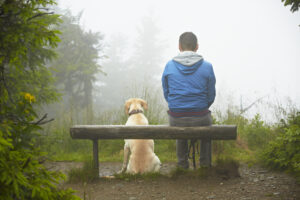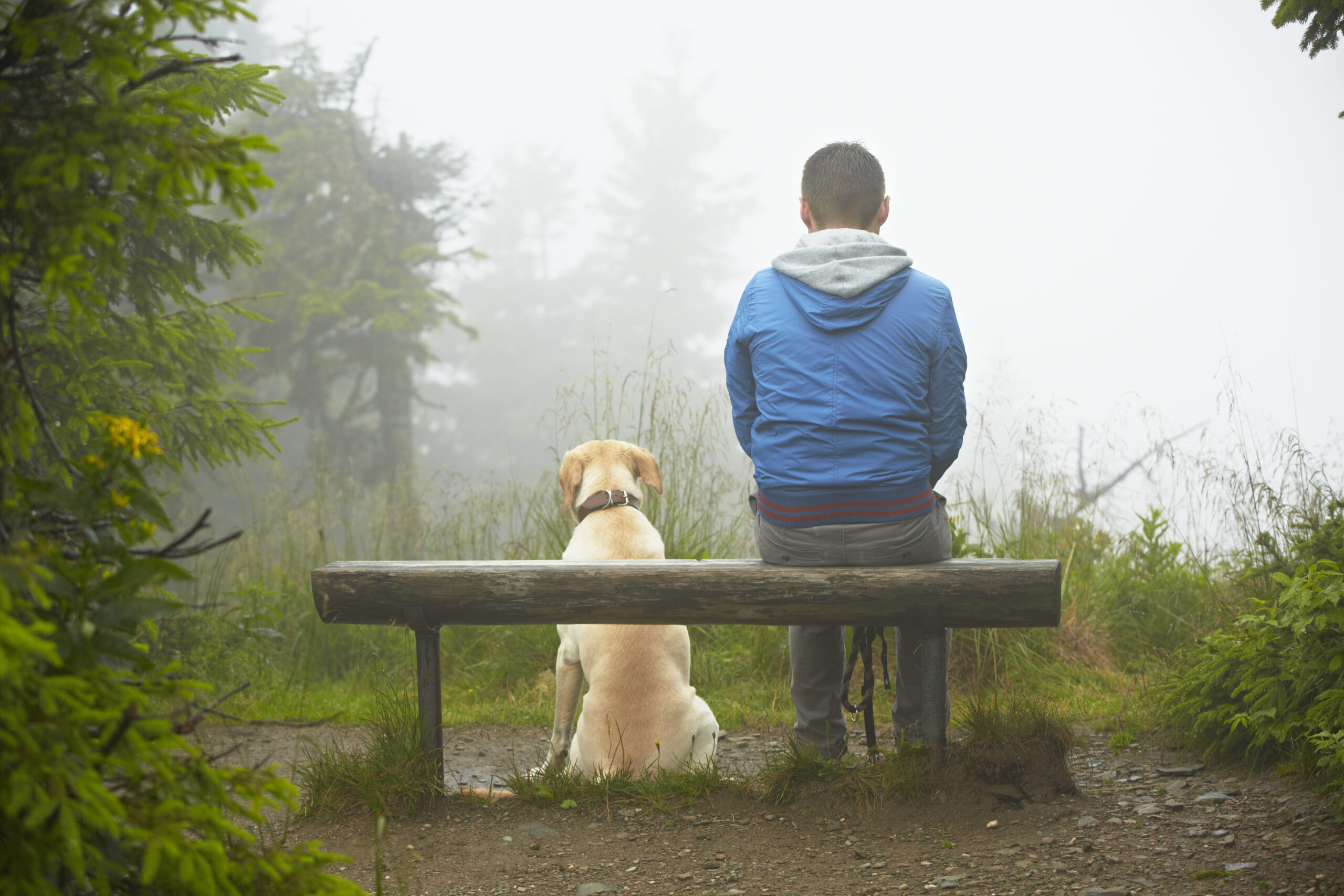I had teased this post from The Family Dog Project on Facebook. I have a lot to say about it.
The post opens with a statement that “Many people view their dog as a family member, friend, or kid, but does the relationship with them really resemble these human relationships?”
As the New Work of Dogs evolves, our dependence on them as workmates and helpers is diminished in favor of wrapping ourselves in an emotional band-aid because of our inability as a species to create strong ties within our own communities.
That is a hill I will willingly die on.
It is not a myth or a fantasy. People are pairing less. They are marrying less, cohabitating less, and procreating less. The fertility decline is less a factor of physiological infertility as much as it is a voluntary choice among women ages 20 to 52.
So where is all that love going?
Researchers from ELTE Eötvös Loránd University created a survey that measured 13 different ‘relationship’ metrics to determine the roles dogs play in relationships with humans, compared to human/human social interactions. The study revealed similarities between child and friend relationships, with similar aspects of the child relationships and a lack of negative aspects of the friend relationships, intersecting with a high level of control over the dog.
I find it pretty telling that owners rated their relationship with their dog as superior to any human relationship, but the ‘study’ came to the conclusion that “…more support in human relationships correlates with more support in dog-owner bonds, suggesting that dogs complement human relationships rather than compensate for their deficiencies.”
Really?
I’m here to disagree.
I train dogs for a living. Dogs have become a substitute for healthy human/human relationships and have been for years.
Just ask any trainer that has been doing this for longer than a minute, about the times they have witnessed the disagreements between spouses about the dog or its problems.
Since time immemorial, our relationship with dogs has changed from one of working partners to intimate companions. Dogs have readily replaced children in the developed world. Not a lot of research has gone into the dog/human relationship until recently, but there has certainly been a lot of speculation.
Our social network consist of layers of relationships that suggest varying forms of social contact. Romantic partners suggest intimacy and emotional aid, children represent our desire to nurture and protect, regulating our desire to create stability and security, and friends suggest an opportunity for low-stress, low maintenance companionship. The study, recently published in Scientific Reports, examined how dogs compare to these human relationships.
Dogs have successfully replaced almost all of those, without even trying.
From the Family Dog Project post:
“Only 700 dog owners were [surveyed] regarding their dogs and four human partners: their child, romantic partner, closest relative, and best friend. Results showed that owners rated their bond with their dog as the most satisfying and their dog as their best source of companionship. Owners also felt that their dog loved them the most among all partners. Moreover, similar to children, dogs scored high in nurturing and relationship security and, like best friends, had low levels of antagonism and conflict with their owners. However, there is also a greater power imbalance toward the owner in the relationship with dogs than with any human partner. “Unlike in human relationships, dog owners maintain full control over their dogs as they make most of the decisions, contributing to the high satisfaction owners report. Compared to humans, the relationship with dogs involves few conflicts and minimal negative interactions. The power asymmetry, having control over a living being, is a fundamental aspect of dog ownership for many” – explains senior author Enikő Kubinyi, Head of the Dept. of Ethology at the ELTE and head of MTA-ELTE “Momentum” Companion Animal Research Group. “The results highlight that dogs occupy a unique place in our social world—offering the emotional closeness of a child, the ease of a best friend, and the predictability of a relationship shaped by human control—revealing why our bonds with them are often so deeply fulfilling.””
Also, what is not mentioned, is because they are easier, and way less maintenance than your average human/human relationship. Let’s forget the convenience of distance that you can create with a dog that you cannot create with a human. Dogs don’t text, have cell phones, write nastygrams on the internet, nor do they stalk you at your workplace or send dead roses to your doorstep.
So, dogs are emotionally far less ‘messy’ than your average human relationship.
Dogs make that choice easy.
The post goes on to quote “We expected that people with weak human relationships would rely more on their dogs for support, but our results contradict this,” says co-author Dorottya Ujfalussy. “In our sample, people did not seem to use dogs to compensate for the insufficient support in their human relationships.”
Might that be your survey sample is a small cross section of individuals hand-selected from a community of academia and extended family? Also folks are unwilling to share intimate details of their relationships publicly… people lie to protect themselves, even anonymously.
Yeah, I thought so…
The researchers suggest that their sample consisted of volunteers who were likely more satisfied with their relationships than the average person. The study points out its own design flaw that clearly didn’t capture the experiences of vulnerable individuals who would be too embarrassed or ashamed to admit they rely heavily on their dogs for emotional support.
Oh, they’re out there. The abundance of “Service Dog” patches on snarling, armpit-protecting chihuahua mixes tell me I’m not wrong. Nor does the abundance of “emotional support” dogs being claimed by insecure, emotionally ill-prepared people who demand attention be paid to their inability to function in an adult-centric world of bills and responsibilities.
“Dogs offer different kinds of emotional and social support depending on the needs of their owners,” – explains Borbála Turcsán, first author of the study. “Some people seek companionship and fun, others need trust and stability, and some simply enjoy having someone to care for.”
And some are looking for a place to dump their own insecurities. Dogs are capable of many things. They are poorly equipped to be emotional punching bags.
Dogs have become human substitutes for many. Too many. Where dogs fail to supplement our well-being, we nurture fictions about abuse and use that as attention-seeking ammunition to support our fantasies and dive deeper into social isolation and make our dogs the repository for all of our deeply seated psychosis.
They no longer listen to our secrets, they have become them.
Original study: Turcsán, B., Ujfalussy, D. J., Kerepesi, A., Miklósi, Á., Kubinyi, E. (2025) Similarities and differences between dog-human and human-human relationships. Scientific Reports, DOI: 10.1038/s41598-025-95515-8


